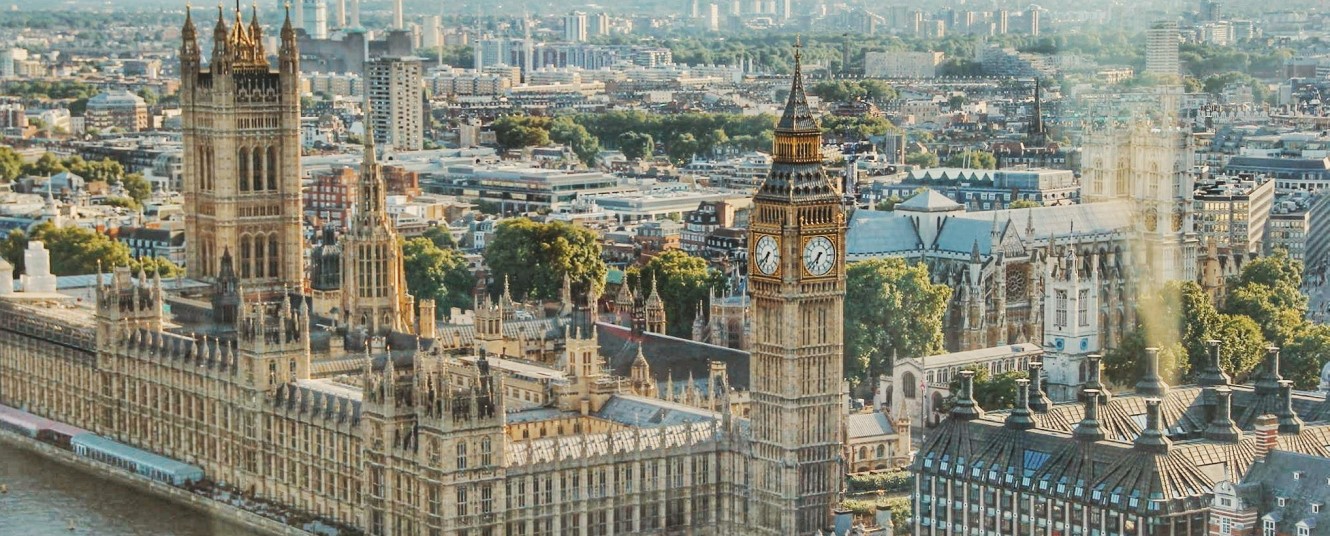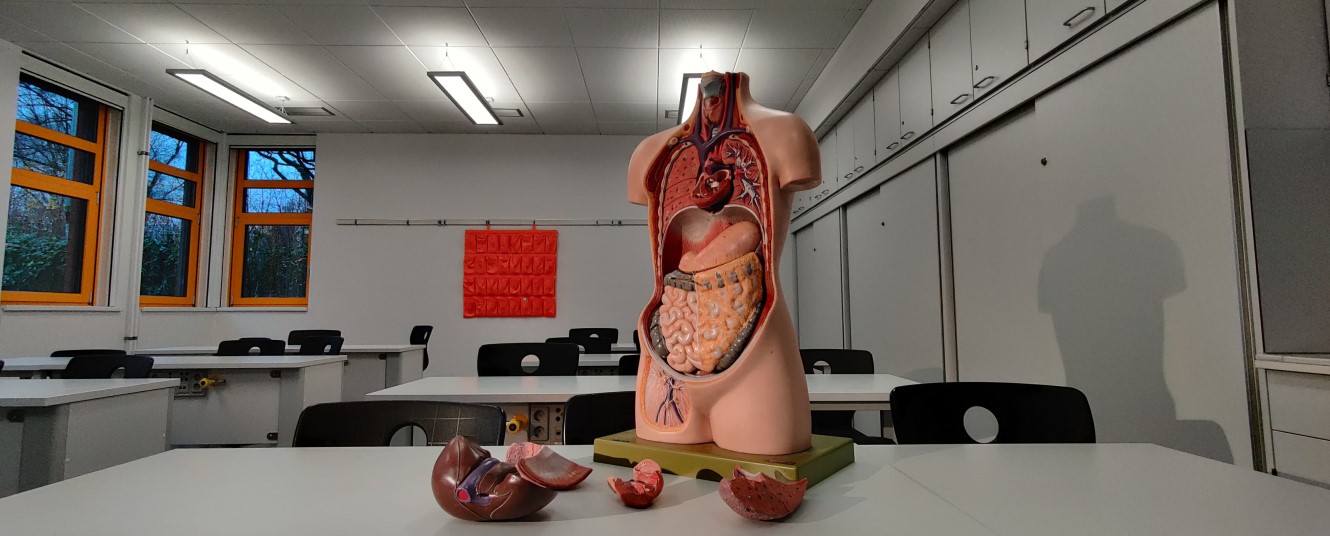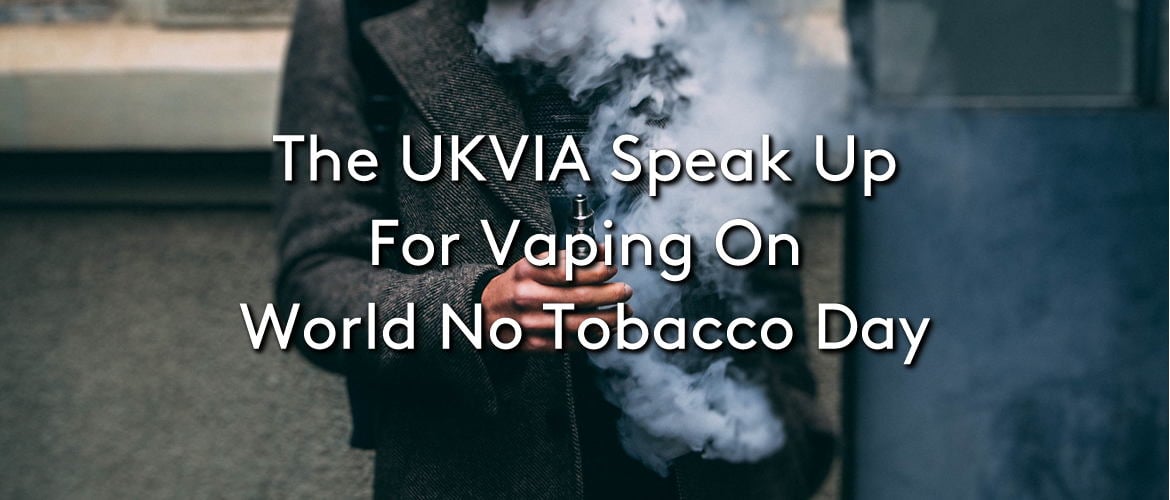The Government has opened their public consultation on the proposed actions to protect future generations from the harms of smoking by creating the first ‘smokefree generation’, as well as plans to crack down on youth vaping.
What is the open consultation?
An open consultation invites the public to offer their opinions and views on proposed action by the Government, in this case regarding the plans to create a smokefree generation and tackle underage vaping.
The consultation opened on 12th October 2023 and everyone from teenagers to medical professionals has 8 weeks in which to submit their views on the proposed plans. This gives us all the opportunity to share our opinions and experiences, and to help shape future policy regarding smoking and vaping.
The consultation is focused on the three areas in which new legislation has been proposed, which are:
- Creating a smokefree generation: consulting on the smokefree generation policy and its scope.
- Tackling youth vaping: consulting on several options to ensure we take the most appropriate and impactful steps, building on England’s analysis of the youth vaping call for evidence.
- Enforcement: consulting on the proposal to introduce new powers for local authorities in England and Wales to issue fixed penalty notices to enforce age of sale legislation of tobacco products and vapes.
All of the devolved Governments have backed the consultation, making it a joint venture for the whole of the UK, including the Welsh Government, Scottish Government, and the Department of Health in Northern Ireland.
Creating a smokefree generation
In 2019 the Government set out the ambition for England to be smokefree by 2030, meaning that smoking rates are at 5% or lower. While smoking rates have consistently been declining for a number of years now, hitting an all-time low in 2022 of 12.7%, it quickly became clear that bold action would be needed if this ambition was to be achieved. In their announcement last week the Government have made it clear that this is exactly the kind of action they are planning to take by revealing their proposed new law for increasing the legal smoking age.
Discussing the urgent need to eliminate smoking, Health and Social Care Secretary Steve Barclay said:
“We need to take bold action to protect future generations from the harms of smoking addiction, which damages health at every stage of life and costs the economy billions.”
This historic new law would make it illegal to sell cigarettes to those who are born on or after the 1st of January 2009. This will work by increasing the smoking age by a year every year until it eventually applies to the entire population, creating an entire generation of young people who have never legally had access to cigarettes.
Speaking on the proposed new law, Dr Jeanette Dickson, Chair of Council of the Academy of Medical Royal Colleges, stated:
“Smoking causes death and disability across all ages due to premature birth, heart disease, lung cancer and dementia. Eradicating smoking can only benefit the health of the population.”
Most smokers first pick up the habit before the age of 20, and unfortunately many of them will continue to smoke for the rest of their lives. Smoking is responsible for approximately 64,000 deaths per year in England alone, and research has found that it costs England’s economy around £17.3 billion annually.
If this law is to come into effect, it could bring an end to smoking in young people by 2040, and not only could it prevent an entire generation from the harms of smoking, but it could substantially ease the burden smoking weighs on the NHS.
Combatting underage vaping
The Government announced a call for evidence on youth vaping earlier this year, and the responses to this have been taken into account when shaping the proposed action which is now up for discussion in the consultation.
Youth vaping rates have increased recently, and it is clearly something which needs to be addressed. However, the Government have made it clear that they recognise vaping as an important harm reduction tool and want to ensure that any action taken to reduce the access that young people have to vaping products does not affect their availability and efficacy as a stop smoking aid for adult smokers.
The proposed action can be split into the following subsections:
- Restricting vape flavours
- Regulating point of sale displays
- Regulating vape packaging and product presentation
- Restricting the supply and sale of disposable vaping products
- Non-nicotine vapes and other nicotine consumer products
- Affordability of vaping products
Restricting vape flavours
The possibility of a restriction on vape flavours is one of the most controversial of the proposed actions within the consultation, as the availability of different flavours is an important tool in encouraging smokers to make the switch to vaping.
While there is concern about the availability of flavours which appeal to children, it is crucially important that a balance is struck which does not make e-cigarettes a less appealing option to adult smokers.
Michelle Mitchell, Chief Executive at Cancer Research UK, explains:
“Preventing young people from taking up vaping is an area that needs stronger regulation, and we look forward to responding.
“But it’s important to remember that based on current evidence, vaping is far less harmful than smoking cigarettes, and can help people to quit. The government is right to consider how any changes will impact people who use e-cigarettes as a smoking cessation tool.”
Vaping was identified in the latest Smoking in England statistics to be the most popular smoking cessation tool in the UK, and making vaping less appealing by limiting the flavours which are available could possibly cause thousands of smokers to continue to smoke where they may have otherwise quit with an e-cigarette.
Regulating point of sale, packaging, and presentation
There is currently no restrictions on where vaping products can be displayed in stores, and so some retailers have been found to display vaping products alongside products such as confectionery, making them more visible and possibly more appealing to underage people.
The Government has therefore made the decision that vaping products must be kept behind the counter in stores, but have raised the possibility of exceptions to this in the case of specialist vape shops. As part of the consultation they are gathering opinions on whether vape shops should be exempt from this, and whether vaping products should be visible behind the counter or hidden in the same way that cigarettes currently are.
Other suggested actions are to make vaping products themselves less appealing to young people by prohibiting the use of certain imagery and colouring on the packaging and products. The consultation sets out three different options for how packaging could be prohibited, which are as follows:
- Option 1: prohibiting the use of cartoons, characters, animals, inanimate objects, and other child friendly imagery, on both the vape packaging and vape device. This would still allow for colouring and tailored brand design.
- Option 2: prohibiting the use of all imagery and colouring on both the vape packaging and vape device but still allow branding such as logos and names.
- Option 3: prohibiting the use of all imagery and colouring and branding (standardised packaging) for both the vape packaging and vape device
A study from the JAMA Network suggests that this approach could be an effective way to deter youth vaping. The study found that ‘reducing brand imagery through standardized e-cigarette packaging is associated with decreased appeal of e-cigarette products among youths, specifically never smokers and never vapers, without reducing its appeal among adult smokers.’
Restricting the sale of disposable vapes
Disposable vapes, which the Government describes as ‘those that are not rechargeable, not refillable or that are neither rechargeable nor refillable’ have become a popular vaping option over recent years. Unfortunately, their low price and the fact that they are often sold in places like corner shops and mobile phone shops where retailers may not as strictly abide by age verification as more reputable establishments, has made them popular among young people.
Their popularity among underage users and the environmental impact that disposable vapes can have has meant that the Government are considering restrictions on their sales.
However, a recent survey of 6,000 UK adults found that 72% of ex-smokers who have quit in the past 5 years believe that disposable vapes, often referred to as single use vapes, are helpful in assisting smokers to reduce their smoking levels. It also found that 61% of ex-smokers who had quit in the past 2 years had used a disposable vape at some point during their stop smoking attempt.
Disposable vapes certainly have a role to play in helping adult smokers to quit, and the vaping industry has been urging the Government to consider that better enforcement of current legislation, as well as more power to local authorities like trading standards to impose strict fines on those who are willingly selling these products to minors could go a long way to quelling the use of disposable vapes by young people, without removing them as a viable option for adult smokers.
More effective enforcement
The final area which the public consultation will focus on is the enforcement of current legislation and the introduction of fixed penalty notices to retailers found to be breaking smoking and vaping laws.
This is something that the vaping industry has been calling for for quite some time, especially when it comes to the sale of single use vaping products. The analysis of the call to evidence on youth vaping revealed that most underage people purchase vaping products at locations like convenience stores and corner shops, suggesting that these kind of locations are less likely to ask customers for proof of age, and therefore are flouting the law and harming the reputation of the wider vaping industry.
In response to the consultation, Marcus Saxton, Chair of the IBVTA said:
“As an industry, we recognise that youth vaping needs to be tackled and we stand-ready to work with Government and towards this and have previously suggested heavier fines and more regular imposing of those fines for those who flout the rules. We have also long called for greater investment in enforcement at border importation points.”
It is clear that a strong and effective approach to enforcement is needed if any of the policies proposed are to have a real impact, and the introduction of these fixed penalty notices gives authorities greater power to enforce age restriction laws and to provide swift punishment to those retailers who are found breaking the law. It will also be a much stronger deterrent to rogue retailers than the current process which is lengthy and makes it hard for Trading Standards officers to issue significant fines.
Evapo responds to the consultation
We welcome the opportunity to participate in the consultation, and it is clear that the proposed action has taken into account much of the evidence and suggestions which we assisted in providing as part of the youth vaping call for evidence.
Getting the right policies put in place is a crucial step in ensuring the smokefree future that aim for, as well as helping us as part of the vaping industry continue to provide adult smokers with an effective and less harmful alternative to smoking.
We do however urge the Government not to lose sight of the benefits that vaping can have as a smoking cessation tool, as there is a risk that some of the suggested policies could impact the availability and appeal of vaping products to adult vapers, something which is very important we avoid.
Weighing in on the consultation, Andrej Kuttruf, CEO and Founder of Evapo, said:
“We whole-heartedly support the Prime Minister’s goal of creating a smokefree generation, something that could save millions of lives.
“We also appreciate the recognition that vaping is a crucial tool in delivering on this goal, and can see that many of the actions we have supported, such as better enforcement and stricter fines for rogue retailers, are reflected in the analysis of the youth vaping call for evidence and in the public consultation.
"Evapo will be contributing to the consultation and hope that our experience as part of the vaping industry can help shape the future of vaping policy for the better.”
At a glance
- The Government have opened their public consultation on tackling youth vaping and achieving a smokefree generation
- The proposed action includes a new law which will make it illegal to sell cigarettes to anyone born after 1st January 2023
- Proposed action also includes policies which will aim to make vaping products less appealing and less accessible to minors as a way to tackle the rise in youth vaping
The supply of a single-use disposable vape is now banned in the UK. Shop our wide range of disposable-style reusable vapes or vape kit alternatives to disposables.
Sources
gov.uk 12/10/2023
gov.uk 12/10/2023
ash.org.uk 16/05/2023
smokinginengland.info 20/07/2023
ibvta.org.uk 12/10/2023
jamanetwork.com 14/03/2023


























